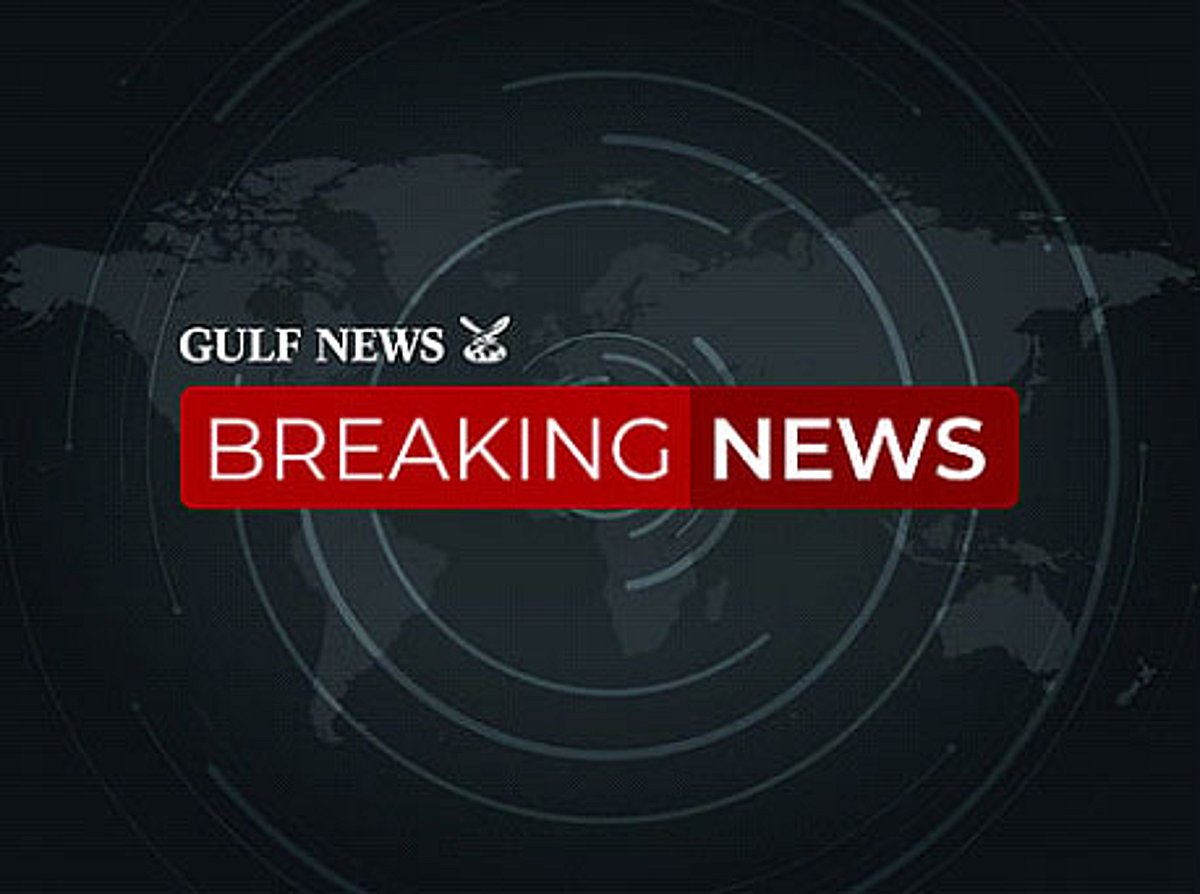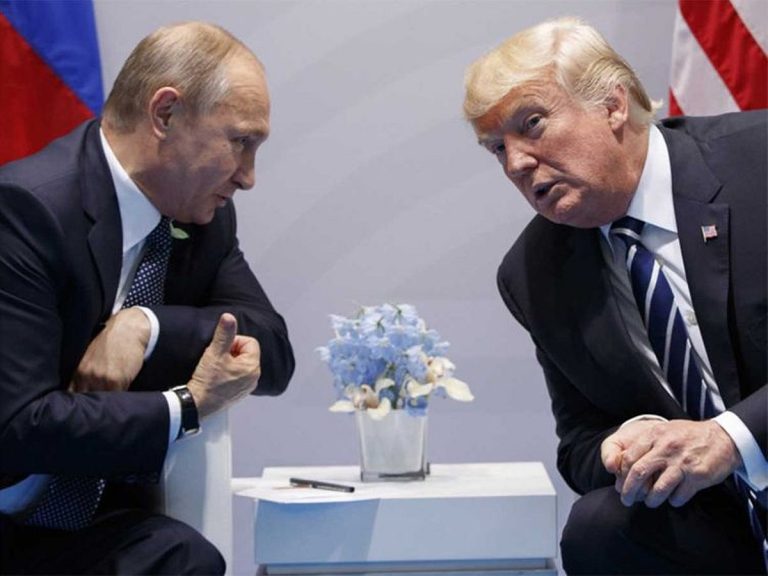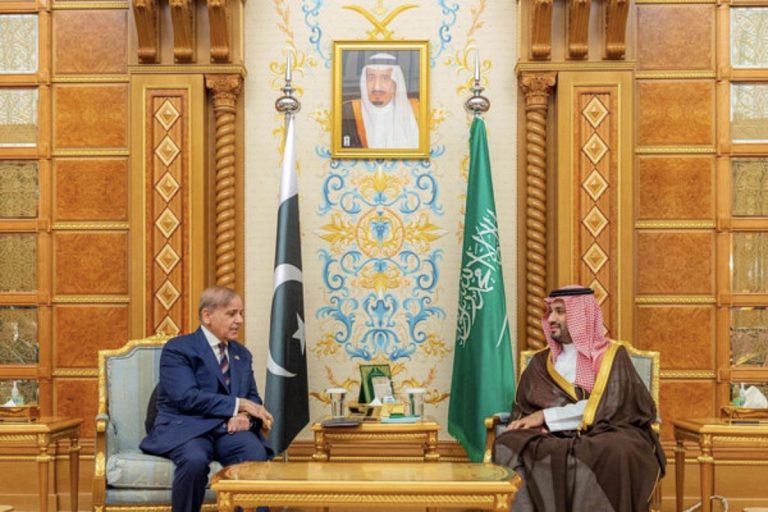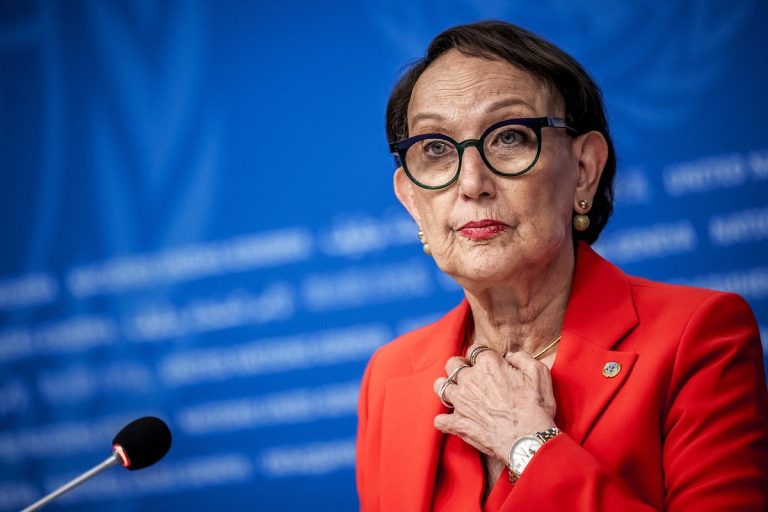Netanyahu Orders Military Strikes Amid Gaza Ceasefire Tensio
Recent developments in the ongoing conflict between Israel and Hamas have escalated tensions, prompting Israeli Prime Minister Benjamin Netanyahu to take decisive military action. Following reports of Hamas firing on Israeli forces in southern Gaza, Netanyahu has directed the army to execute “powerful strikes” in the region, raising concerns about the fragile U.S.-brokered ceasefire.
Context of the Military Order
Netanyahu’s directive comes in the wake of Hamas returning remains of a hostage, which Israel claims violates the ceasefire agreement. This agreement stipulates that all remains of Israeli hostages must be returned promptly. The situation is further complicated by ongoing violence; Israeli troops were reportedly fired upon in Rafah, leading to a return of fire, highlighting the precarious nature of the current ceasefire.
Hostage Situation and Challenges
Currently, there are still 13 bodies of hostages unaccounted for in Gaza. On Tuesday, Hamas announced it had recovered one body, which it plans to return later in the day. An Associated Press videographer in Khan Younis observed a white body bag being transported from a tunnel by masked militants, although the contents of the bag remain unclear.
The slow pace of returning hostages’ remains is complicating the next phases of the ceasefire, which will need to address complex issues such as Hamas’s disarmament, the deployment of an international security force in Gaza, and the governance of the territory. Hamas has claimed that the extensive destruction in Gaza is hindering their ability to locate the bodies, while Israel accuses the group of intentionally delaying the process.
International Involvement
In response to the ongoing crisis, Egypt has deployed a team of experts and heavy equipment to assist in the search for the remaining hostages’ bodies. This operation is ongoing in areas such as Khan Younis and Nuseirat, reflecting the urgent need for resolution amid rising tensions.
This incident marks the second time during the ceasefire that the return of remains has been contentious. In the initial week of the ceasefire, Israel reported that one of the bodies returned by Hamas belonged to an unidentified Palestinian, raising questions about the accuracy and sincerity of the exchanges.
Historical Context
The current situation echoes previous ceasefires, including one in February 2025, where Hamas returned the bodies of three hostages, only for one to be identified as a Palestinian woman instead of an Israeli. Such discrepancies have fueled mistrust and complicated negotiations.
FAQs
What triggered Netanyahu’s military order?
Netanyahu’s order was prompted by Hamas firing on Israeli forces in southern Gaza and the return of a hostage’s remains, which Israel deemed a violation of the ceasefire agreement.
How many hostages’ bodies are still missing?
There are currently 13 bodies of hostages that remain unaccounted for in Gaza, complicating the implementation of the ceasefire.
What role is Egypt playing in the situation?
Egypt has sent a team of experts and heavy equipment to assist in locating the bodies of the remaining hostages, demonstrating international involvement in the crisis.
Conclusion
The situation in Gaza remains tense as Netanyahu’s military order signals a potential escalation in hostilities. The ongoing challenges surrounding the return of hostages’ remains and the fragile ceasefire highlight the complexities of achieving lasting peace in the region. Continued international efforts may be necessary to navigate these challenges and foster a more stable environment.
The conflict between Israel and Hamas has a long and complex history, characterized by cycles of violence and temporary ceasefires. Each ceasefire often brings a fragile peace, but underlying issues such as territorial disputes, security concerns, and humanitarian crises remain unresolved. The current situation is further complicated by the political dynamics within both Israel and the Palestinian territories, where public sentiment can shift rapidly in response to military actions or perceived injustices.
International actors, including the United States and various European nations, have historically played roles in mediating peace efforts, but their influence can be limited by local realities on the ground. The ongoing humanitarian crisis in Gaza, exacerbated by military operations and blockades, poses significant challenges to any long-term resolution. As the situation evolves, the potential for renewed violence remains a pressing concern, underscoring the need for sustained diplomatic engagement and humanitarian assistance to address the immediate needs of affected populations.
Also Read:
Emirates Stallions Group Reports 19% Revenue Growth







